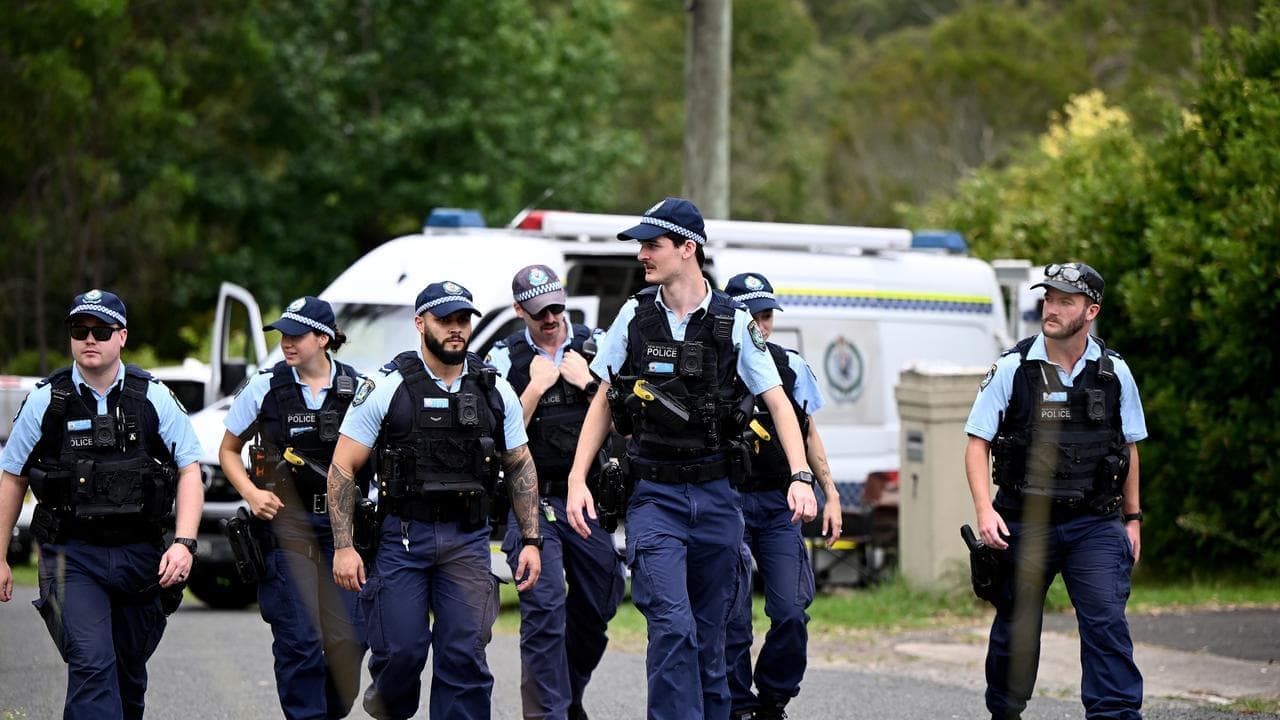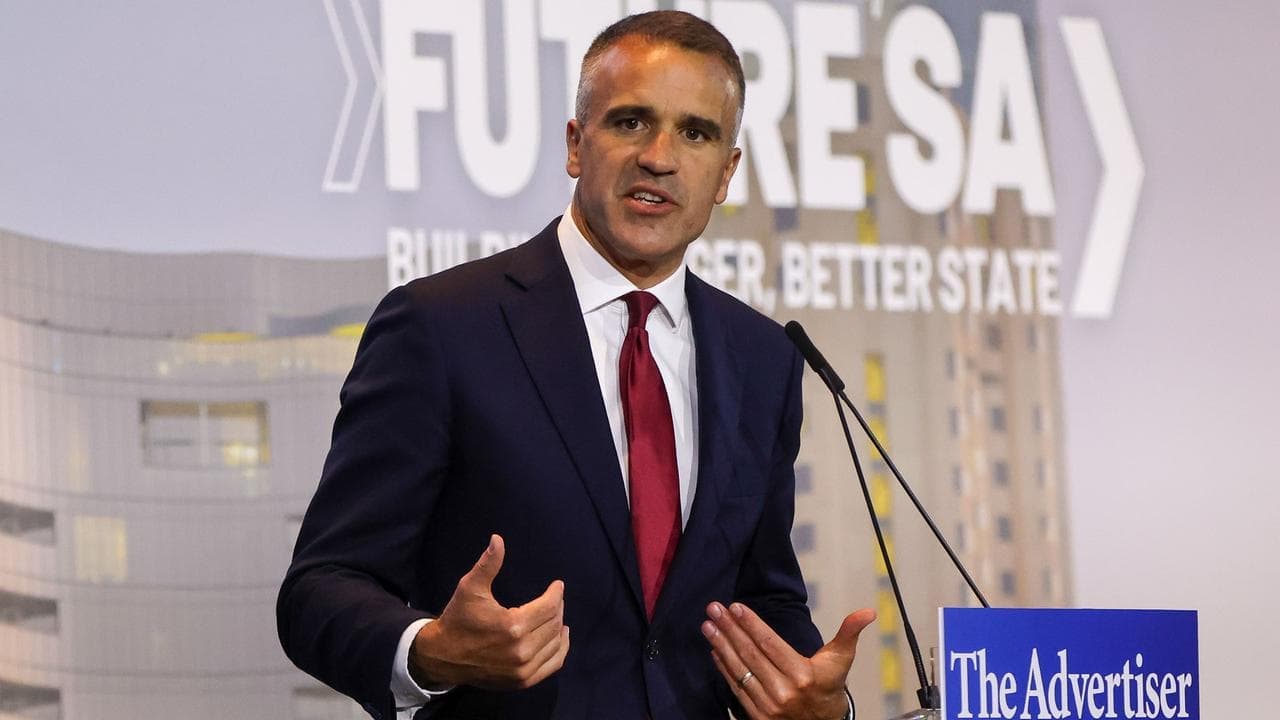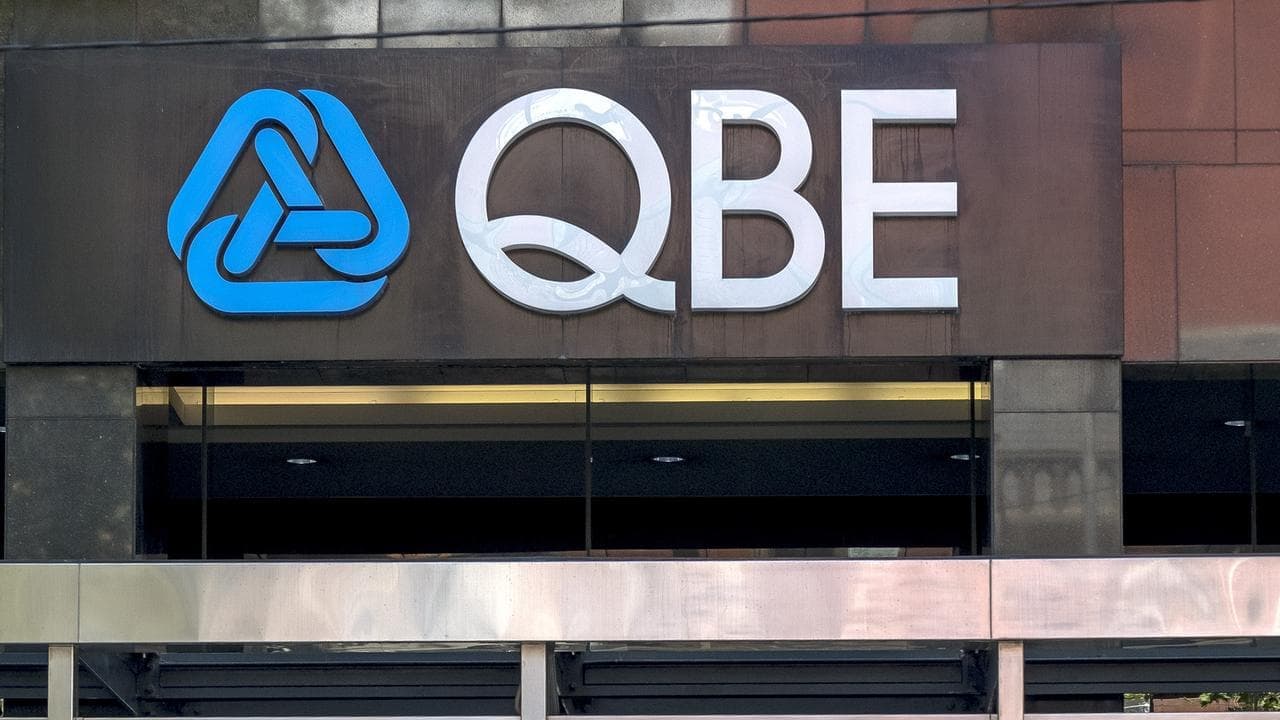WHAT WAS CLAIMED
The voice will give Indigenous people the right to change anything that parliament approves by taking it to the High Court.
OUR VERDICT
Misleading. Experts say High Court challenges are unlikely. If one does eventuate, the court cannot change a decision made by parliament. It can only send a matter back for reappraisal.
A Facebook post claims the voice to parliament will give Indigenous people the right to change anything parliament approves by challenging decisions in the High Court.
The post (archived here) states: "If the voice is allowed into being it will give the aborigines at least another 30 more voices in Parliament and they will have the right to change anything Parliament approves by taking it to the High Court using our money to pay for it."
The claim is misleading. Legal experts told AAP FactCheck the wording of the proposed constitutional amendment means the potential for High Court challenges is "extremely unlikely".
Even if a High Court case eventuated, experts said the challenge could only be based on whether the voice's views had been taken into account - it could not change the actual decisions of parliament.
So even though the final details of the voice will only be confirmed once legislation is passed (and only if the 'yes' vote succeeds), it is misleading to claim it will give Indigenous people the ability to change the decisions of parliament in the High Court.

Prime Minister Anthony Albanese in March revealed the wording of what will be inserted into the constitution if a referendum is successful and introduced a Constitution Alteration bill to parliament.
It proposes the voice will make representations to the parliament and executive government on issues relating to Indigenous people.
It also says parliament can make laws relating to the voice, including its "composition, functions, powers and procedures".
If the 'yes' vote succeeds at the referendum, due later this year, parliament will design a model of the voice via legislation which will set out the final details of the relationship between the voice, the parliament and the executive.
While these specific details are yet to be decided, the model described in the Indigenous Voice Co-design Process report, along with the government's design principles, provide a good indication of what the legislative design could be.

If the referendum succeeds, the government will also have the opportunity to pass laws which set out obligations for decision-makers regarding consultation with the voice.
Professor Emerita Anne Twomey, a constitutional law expert at the University of Sydney and a member of the Constitutional Expert Group advising the Referendum Working Group on legal issues, said consultation was the main area which could be challenged in the High Court.
"Most of the discussion about High Court challenges concerning the Voice has related to the questions of whether: (a) failure to consult the Voice in advance or give it sufficient time to make a representation could lead to litigation and a law or executive decision being held invalid; and (b) failure by a government decision-maker to consider a representation made by the Voice could lead to a legal challenge to the validity of their decision," Professor Twomey told AAP FactCheck in an email.
In relation to the first point, Prof Twomey said there was no obligation in the proposed constitutional amendment for either parliament or the executive to consult the voice in advance.
The amendment bill's explanatory memorandum states proposed subsection 129(ii) of the constitution would not require parliament or the executive to wait for the voice to make a representation on a matter before taking action or making a decision (page 11).
The second scenario could eventuate if parliament makes a law which requires government decision-makers to take certain things into account, including representations from the voice.

"If it does make such a law, and the decision-making breaches the requirement by not taking into consideration whatever he or she was required to consider, then someone might ask the court to review the decision and the court would then send it back for the decision-maker to re-make in a lawful manner," Prof Twomey explained.
"It needs to be clear here that the court does not involve itself in the merits of the decision. Its role is only to ensure that the decision-making process is lawful. There would only be litigation if decision-makers were flouting the law, which presumably they would not deliberately do.
"Further, parliament would also be free to legislate to say that the decision-maker was not obliged to consider any representation of the voice. This is a decision for parliament to decide upon in the ordinary democratic process. There is nothing unusual about it."
Gabrielle Appleby, a law professor at UNSW Sydney, agreed.
"The majority of legal opinion that has been canvassed in the processes leading to the current drafting agrees that whether the voice's representations must be taken into account by the executive in decision-making, and the weight that must be given to those representations, will be determined in legislation by the parliament," Professor Appleby told AAP FactCheck in an email.
"In the event that a future parliament legislated that a government decision-maker must take into account the voice's representations, and a court found that the decision-maker failed to do so, the decision would be overturned and the decision-maker would have to remake the decision.
"This is the application of ordinary administrative law principles. The decision-maker would be free, after following the correct process, to come to the original outcome."
Prof Twomey added: "Even if such an argument succeeded, it would only result in a requirement that a decision-maker take representations into consideration - not that they give effect to the representations."

Scientia Professor George Williams, a constitutional law expert at UNSW Sydney, has also confirmed this view.
He pointed AAP FactCheck to a piece he wrote in The Australian in February 2023: "If a public official fails to consider important information of this kind, courts routinely direct that person to go back and make the decision again, taking into account the information that was missed. The court does not direct what the decision should be, only that it is properly made."
Without knowing exactly what legislation the parliament will pass, experts say the wording of the proposed constitutional amendment makes the potential for High Court challenges improbable.
"It is extremely unlikely that the High Court could see an obligation for all the voice's representations to be taken into account based on the amendment introduced to parliament," Prof Twomey said.
Prof Twomey explained section 129(iii) of the proposed constitutional amendment makes it clear the intention is to give parliament control over whether representations made by the voice have to be considered by the executive government (page 12).

"It would therefore not be possible for the High Court to use the 'original intent' of the provision to support any contrary constitutional implication," she said.
Prof Appleby said that "the majority of legal opinion is that such challenges are unlikely to be successful."
"While the constitutional provision will provide a minimum guarantee that the Voice cannot be stopped from making representations, the relationship between the Voice and the Parliament, and the Voice and the Executive, including how the Voice's representations will be received and will be considered, will be determined by a future Parliament in legislation."
Prof Twomey also noted the High Court had never previously drawn any similar implications from the constitution and always left such matters for parliament to decide.
Similar claims have been made elsewhere including by former radio presenter Alan Jones. In a Facebook video on March 29, he said: "This is a race-based entity with the constitutional power to veto policy decisions of the elected government, and if they don't get their way - off to the High Court."
AAP FactCheck has addressed other claims about the voice here, here, here, here and here.
The Australian Electoral Commission (AEC) is also debunking claims relating to the voice referendum process via its disinformation register, here.
The Verdict
The claim the voice to parliament will give Indigenous people the right to change anything parliament approves by initiating High Court challenges is misleading.
Experts said the potential for High Court challenges is unlikely based on the wording of the proposed constitutional amendment. Even if a case eventuated, experts said the challenge could only be based on whether the voice's views had been taken into account - it could not change the actual decisions of parliament.
Misleading – The claim is accurate in parts but information has also been presented incorrectly, out of context or omitted.
AAP FactCheck is an accredited member of the International Fact-Checking Network. To keep up with our latest fact checks, follow us on Facebook, Twitter and Instagram.












